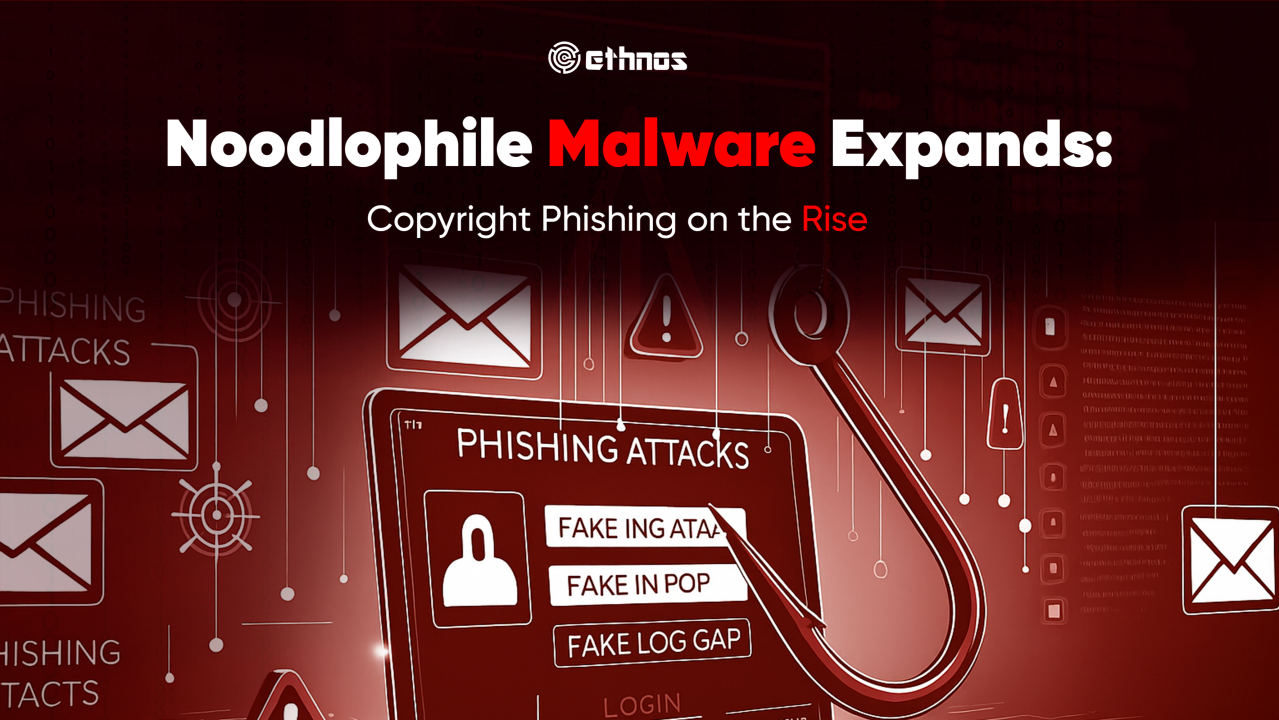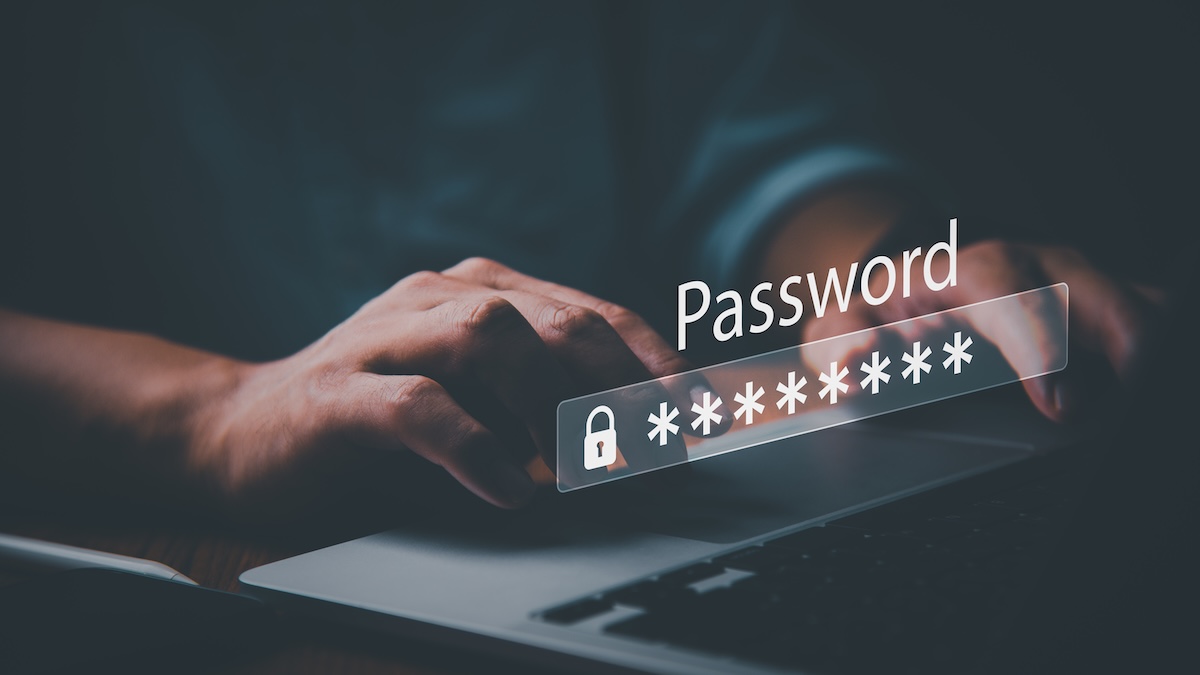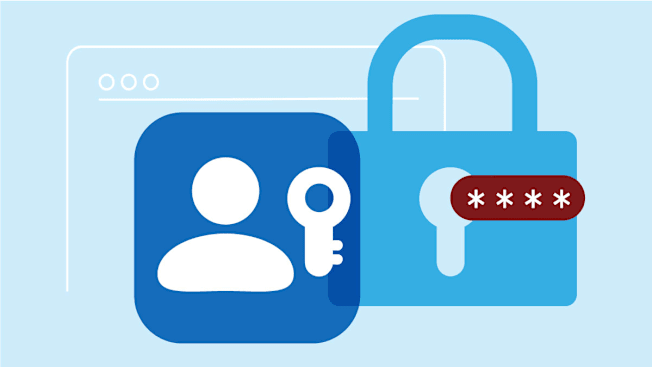Basic Services of Internet - What They Are and What to Know!

Ever wondered what makes the Internet such an integral part of your daily life?
It’s the mix of basic services it offers that seamlessly connect you to the world.
Whether you’re looking to communicate, gather information, or manage your business online, the internet has got you covered.
From the moment you start your day, checking the latest news, to the end of it, streaming your favorite show, you’re using these services without even realizing it.
Understanding the basic services of the internet is key to making the most out of it.
Let’s dive into what these basic services are and how they shape your online experience. With over 51 billion people tapping into them every day, you’re part of a global community that’s constantly connected, sharing, and learning.
Key Takeaways
- The Internet provides essential services like email, web browsing, and connectivity, which are fundamental for digital communication, accessing information, and staying connected globally.
- Beyond basic services, the Internet offers social media platforms for communication and networking, streaming services for entertainment, e-commerce for online shopping, and online banking for financial transactions, enhancing convenience and efficiency in our daily lives.
- Cloud services and Software as a Service (SaaS) have transformed data storage and software usage, offering scalable, flexible solutions that ensure data is accessible anytime, anywhere, and software applications are always up-to-date.
- E-learning platforms and remote work tools have revolutionized education and employment, making learning and collaboration possible regardless of geographical boundaries and enabling a more personalized and flexible approach to education and work.
- Ensuring online security and privacy through robust practices like using strong, unique passwords, enabling two-factor authentication, and employing privacy tools like VPNs is required for a safe and empowering digital journey.
- Understanding and making the most of these internet services not only enhances your personal and professional life but also safeguards your digital footprint in an increasingly connected world.
The Basic Services of the Internet: Email, Web, and Connectivity
The Mechanics of Email Services
Email serves as your digital mailbox, enabling you to send and receive messages across the globe instantly. Unlike traditional mail, email operates through servers that route your messages to the intended recipient’s inbox, making communication quick and efficient.
Choose Your Email Provider Wisely
Selecting an email provider is crucial for a seamless online experience. Look for providers offering robust security features, ample storage, and easy-to-use interfaces. This ensures your digital communications are not only efficient but also secure.
World Wide Web
How Browsers Serve as Your Gateway
Web browsers are your windows to the internet, translating code into the websites you visit. Whether it’s research, shopping, or entertainment, browsers allow you to navigate the vast resources of the web with ease.
Browsing Safely and Effectively
To ensure a safe journey through the web, follow secure browsing practices. This includes recognizing secure websites with HTTPS, using strong passwords, and regularly updating your browser.
Connectivity
Internet Service Providers (ISPs)
Your connection to the online world hinges on your ISP. These entities manage the infrastructure that allows you to access the internet, streamlining the process of sending and receiving data over the web.
Types of Internet Connections: From Dial-Up to Fiber
The internet has evolved from slow dial-up connections to high-speed fiber optics. While dial-up once sufficed, today’s online activities demand faster speeds, which fiber-optic technology delivers by transmitting data at the speed of light.
Beyond Basics: Social Media, Streaming, and More
Social Media
The Impact of Social Networks on Communication
Social media platforms have revolutionized the way you communicate, allowing instant sharing of thoughts and moments across the globe.
They’ve made the world smaller, making connections that were once hindered by geographical distances much easier. Key platforms like Facebook, X (Twitter), and Instagram have become vital in both personal lives and the professional sphere, enabling businesses to reach a broader audience.
How to Manage Your Digital Presence
Your digital footprint on social media speaks volumes.
It’s crucial to curate your online presence carefully. Start by regularly reviewing your privacy settings to control who sees your information.
Be mindful of the content you share, ensuring it aligns with how you want to be perceived. Engaging positively and avoiding controversial or divisive topics can help maintain a positive digital image.
Streaming Services
Streaming vs. Downloading: What’s the Difference?
Streaming allows you to watch or listen to content over the internet without having to download and store large files on your device, offering convenience and instant access.
Downloading, while giving you ownership of the file, requires space on your device and typically a longer wait time to start enjoying the content. Streaming services, with their vast libraries of music, movies, and shows, have become a preferred choice for entertainment.
Popular Streaming Platforms for Music and Video
For music enthusiasts, platforms like Spotify and Apple Music offer millions of songs at your fingertips. Video streaming giants such as Netflix, Hulu, and Amazon Prime Video provide a wide range of movies, TV shows, and documentaries, catering to diverse tastes. These services have transformed how we consume entertainment, making it more accessible and tailored to individual preferences.
The Convenience of Online Services
E-Commerce
The rise of e-commerce has transformed our shopping experience. You can now browse and buy products from anywhere in the world with just a few clicks.
This convenience has led to the proliferation of online markets, offering a wide range of goods from groceries to gadgets. E-commerce not only saves time but often provides goods at competitive prices, thanks to the elimination of traditional retail markups.
Safe Online Shopping Practices
To shop safely, always use secure websites with HTTPS in the URL. Create strong, unique passwords for your accounts and never share your credit card information over unsecured connections. It’s also wise to monitor your bank statements regularly for any unauthorized transactions.
Online Banking
Online banking has ushered in a new era of digital finance.
It lets you carry out transactions, check balances, and manage your finances seamlessly without visiting a bank. Features like mobile deposits, fund transfers, and bill payments through banking apps or websites have made financial management incredibly convenient and efficient.
Security Measures to Keep Your Finances Safe
Protect your financial information by using strong, unique passwords for your banking apps and changing them regularly.
Also, enable two-factor authentication (2FA) for an added layer of security. Always access your banking site directly, avoiding links in emails or messages, to prevent phishing attacks.
Cloud Services
Cloud services have revolutionized how you store and access your data.
With cloud storage, you can upload and retrieve your files from any device, anytime, and anywhere, as long as you have internet access. This flexibility ensures that your data is always at your fingertips, providing both convenience and security.
How Cloud Storage Is Changing Data Management
Cloud storage offers scalable solutions where you pay for the storage you need, with the option to increase capacity as your data grows. This model eliminates the need for physical storage devices and the risk of data loss due to device failure.
SaaS (Software as a Service)
SaaS offers you access to software applications over the internet, removing the need for installations or maintenance on your own computers.
This approach allows for cost-effective use of up-to-date software applications, improving efficiency and productivity by ensuring you always have access to the latest features and security updates.
Educational and Professional Services
E-Learning Platforms
How Online Education Is Shaping Our Future
E-learning platforms have revolutionized the way you acquire knowledge and skills. Today, you can access countless resources and courses online, anytime and anywhere.
These platforms offer a diverse range of subjects, from coding to art, making education more accessible to people regardless of their geographical location.
With personalized learning experiences, you’re able to learn at your own pace, tailoring the education journey to fit your individual needs and goals.
Remote Work Tools
Collaboration Tools
Remote work tools have become indispensable in today’s digital workplace, enabling teams around the globe to communicate and collaborate effortlessly.
These tools include video conferencing, project management software, and real-time document editing, which help in bridging the gap between team members in distant locations.
By taking advantage of these technologies, you can maintain productivity and ensure seamless operations, fostering a connected and efficient work environment despite physical distances.
Security and Privacy
As you navigate the vast online world, understanding and implementing robust security and privacy measures are crucial.
Internet Security
Common Threats and How to Protect Yourself
Cyber threats vary widely, including viruses, phishing scams, and ransomware. Protecting yourself starts with basic practices like installing reputable antivirus software and updating it regularly.
Always create strong, unique passwords for each online account and enable two-factor authentication where possible. Be cautious with emails from unknown senders, and never click on suspicious links or attachments.
Privacy Services: VPNs and Beyond
The Role of VPNs in Protecting Privacy
A Virtual Private Network (VPN) plays a critical role in enhancing online privacy by encrypting your internet connection. This masks your IP address, making it challenging for third parties to track your online activities or determine your physical location. Always choose a trusted VPN provider to ensure the highest level of privacy and security.
Additional Privacy Tools
Beyond VPNs, several tools can help safeguard your online privacy.
- Secure browsers and private search engines ensure your browsing habits remain private.
- Encrypted messaging apps protect your conversations from eavesdroppers.
- Regularly reviewing privacy settings on social media platforms also minimizes personal data exposure.
Combining these tools with mindful online behavior significantly improves your digital privacy.
The Future of Internet Services
As we’ve seen the various services the internet offers, it’s clear that these digital tools are not just conveniences but essentials in today’s world.
From the essential trio of email, web, and connectivity to social media, streaming, e-commerce, and beyond, the internet has fundamentally transformed how we live, learn, and connect.
As technology evolves, so too will the ways we interact with the online world.
Frequently Asked Questions
What are the basic services the internet offers?
The Internet primarily offers services such as email for communication, the World Wide Web for information and services, connectivity through Internet Service Providers (ISPs) as well as:
- social media for networking
- streaming services for entertainment
- e-commerce for shopping
- online banking for financial transactions
- cloud services for data storage and software access.
How many people use the internet daily?
Over 5.35 billion people use the Internet‘s services daily, highlighting its role as a global platform for connection, sharing, and learning.
Why is choosing the right email provider important?
Choosing the right email provider is critical for ensuring adequate security features and storage capacities, allowing for safe and efficient communication.
How to browse safely?
The article suggests recognizing secure websites, regularly updating browsers, and being mindful of the website content to ensure safe and secure browsing.
How can one enhance their digital privacy and security?
Enhancing digital privacy and security involves installing reputable antivirus software, creating strong, unique passwords, using Virtual Private Networks (VPNs), and being mindful of online behavior to protect against common cyber threats.
Read our disclosure page to find out how can you help VPNCentral sustain the editorial team Read more






User forum
0 messages